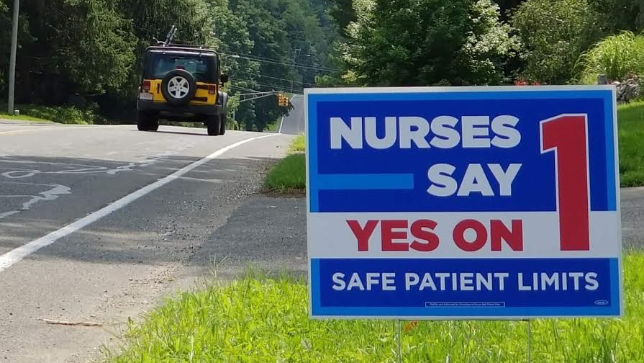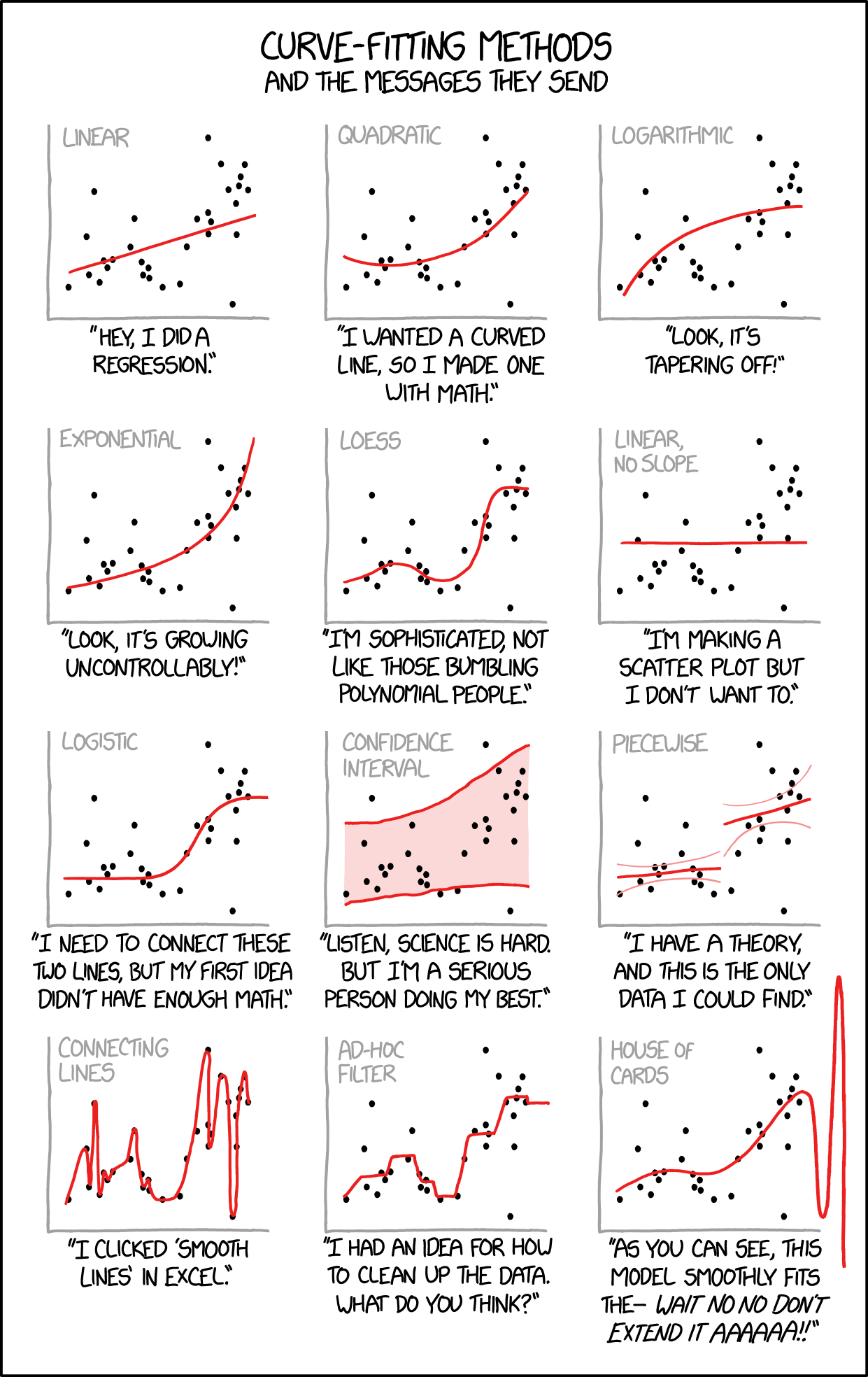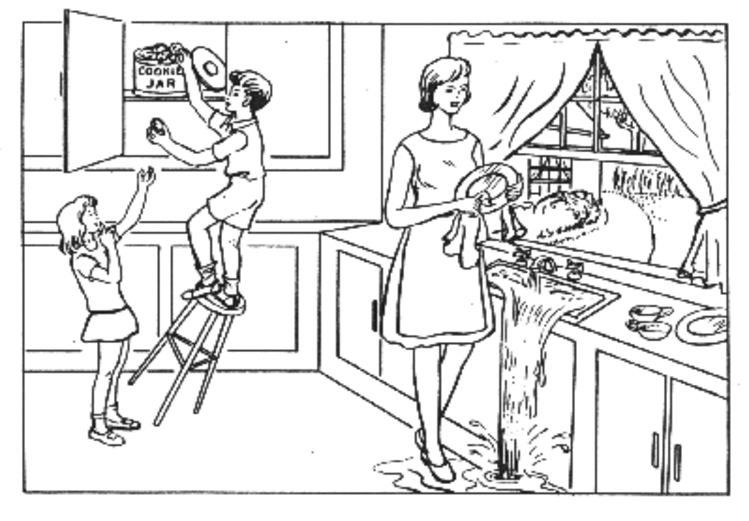In a production of Hapgood last night at the Lantern Theater, I was struck by a phrase that the character Elizabeth Hapgood uses four times. In fact, it caught my attention the first time she used it — as I've noted, a word or short phrase can be contextually salient even at a frequency of one (See e.g. "And yet", 3/28/2004).
Hapgood is the complex, not to say baffling, story of double (and triple and quadruple) agents, in which literal and fictional twins play a key role in complex espionage and counter-espionage operations. If you're interested, you can find a plot summary here.
The phrase in question is "I'm here to be told", meaning something like "There's some information that I'm expecting from you, but not immediately, so I'm here standing by until you can tell me". The first three times that Hapgood uses it are in the context of radio communication with field agents during an operation, where it's clear to them what she wants to know or what she wants done, and "I'm here to be told" is essentially an instruction to them to do their job and report back. Her final use of the phrase is in a telephone conversation with her son, in which he's due to give her details about a rugby match that he'll be playing in. McKenna Kerrigan, the actor playing Elizabeth Hapgood, produced all four examples crisply, seriously, and without hesitation.
Although it's obvious in context what the phrase means, I don't recall ever having heard it before. A search in Google Books comes up empty. A general web search turns up a few example with a complement to told and a rather different sort of meaning, for example "I’m not here to be told my pictures aren’t good. I’m here to be told why they weren’t good so I can improve."
Read the rest of this entry »








